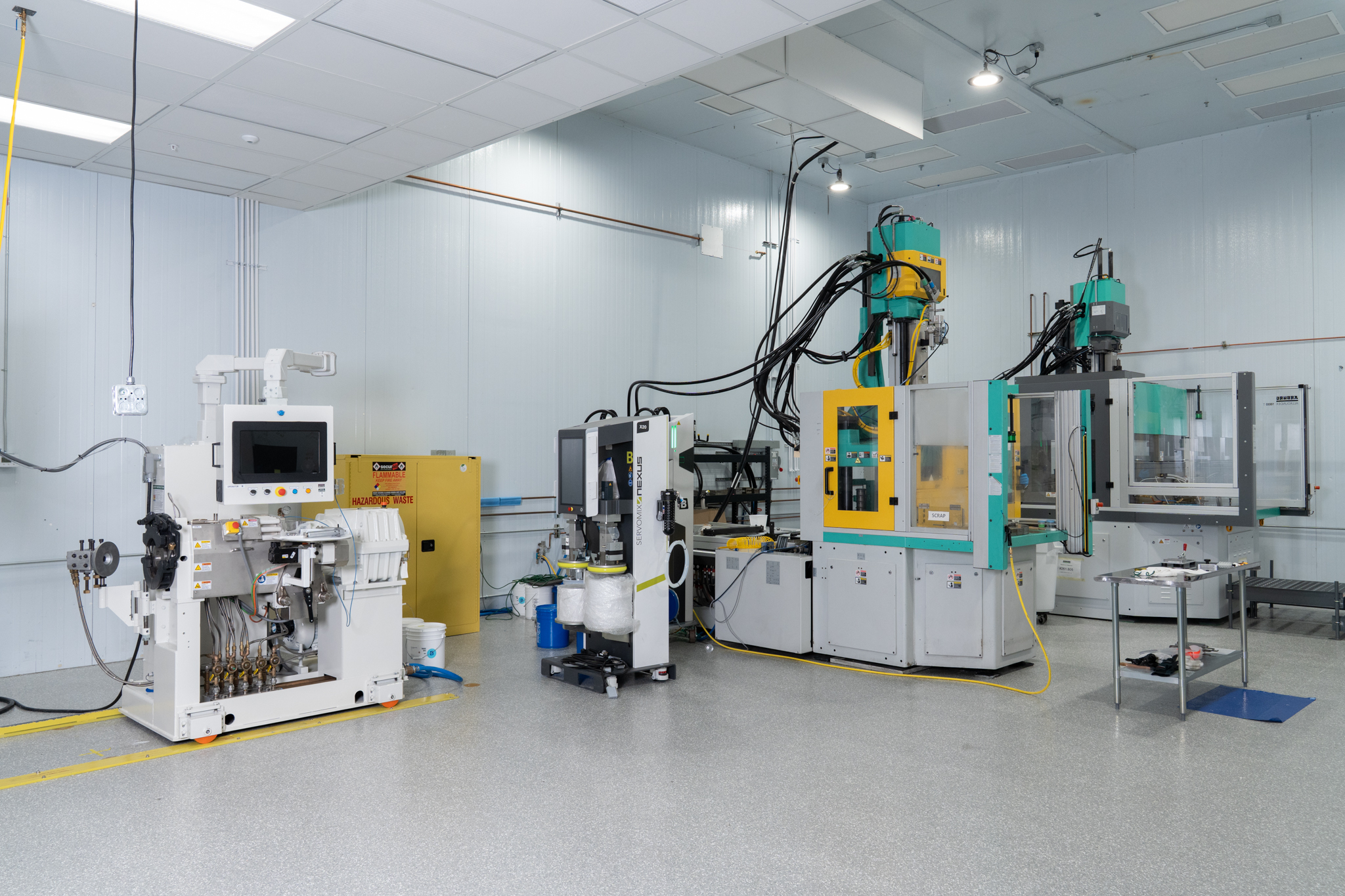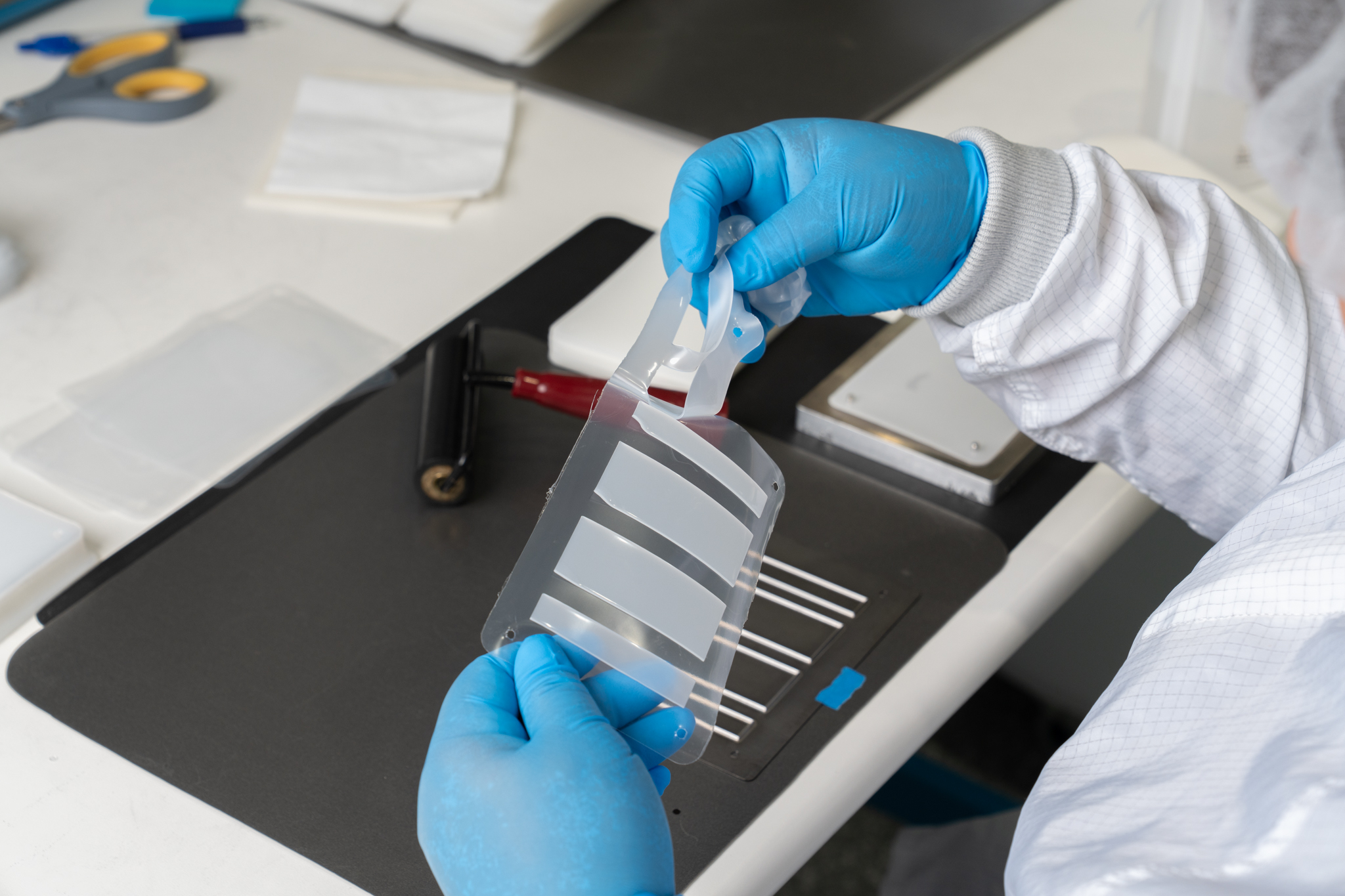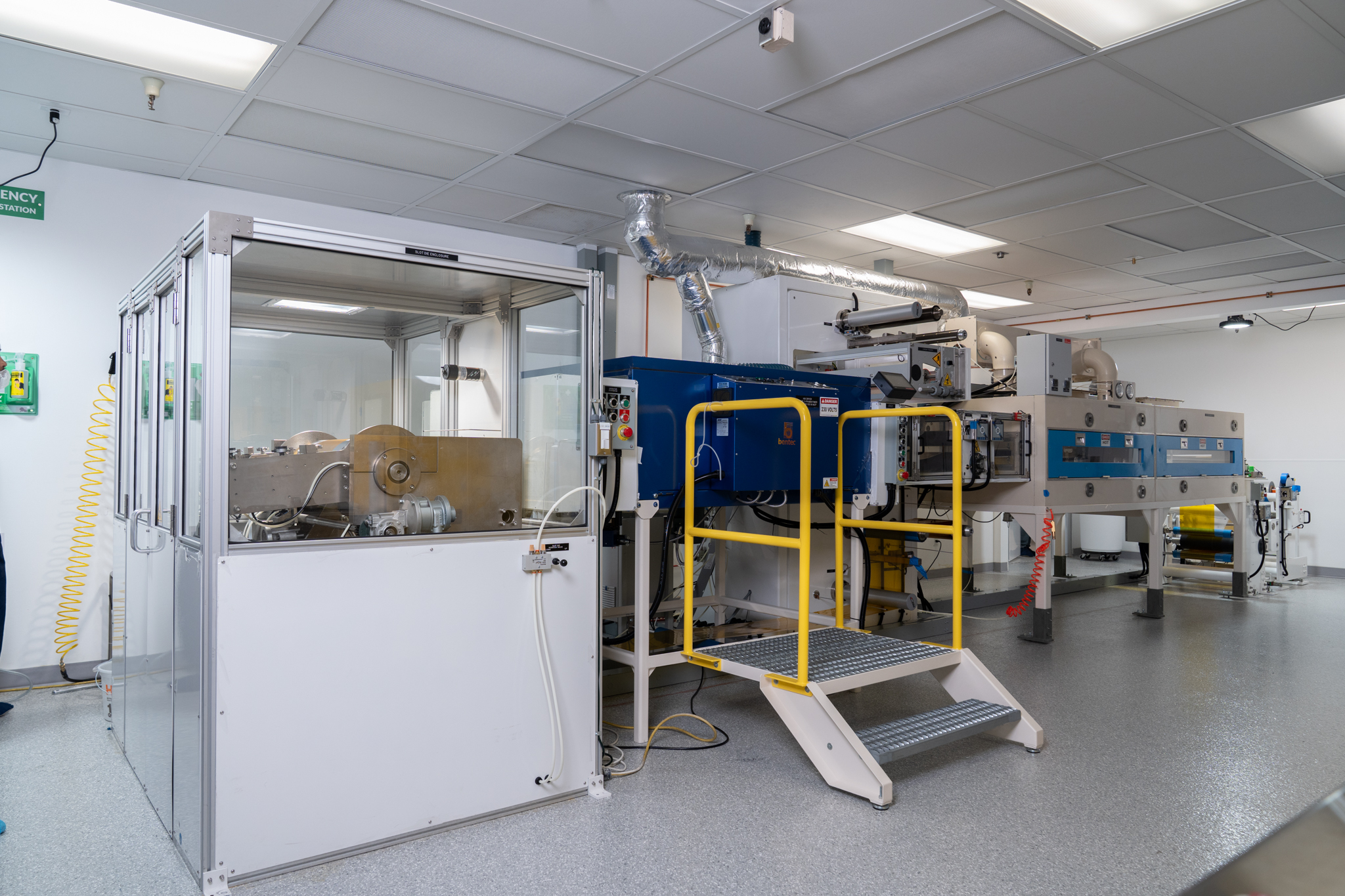Molding


Fabrication Process: Utilizing a custom-built mold, cold silicone LSR or HCR material is injected into the mold cavities and then heated to vulcanize/cure and “trap” the material into the features of the mold cavities in order to achieve the desired shape/configuration.
Product Characteristics: Ideal for products that have complex geometrical or three dimensional features. Due to the stiction properties of silicone, however, extracting extremely small parts from molds can fracture or tear the parts, imposing a higher minimum size constraint on molded parts. In addition, production volumes must be large enough to justify the investment in a custom-built mold. Products can be sold as component parts or assembled into a finished product.
Clinical Applications: artificial heart assembly, cardiothoracic surgery, long-term implants, ocular devices, radiation therapy, urinary treatment.Technical Specifications:+ Product Dimensions Starting at 0.008” (203.2 μ)
+ Production Tolerance a low as +/- 0.0005” (+/- 12.7 μ)
+ LSR and HCR Capabilities: Liquid or gum stock silicone material, based on the desired product application.
+ Transfer/Compression Molding: Suitable for prototyping and small production volumes.
+ Micro Molding: Useful for smaller part sizes/dimensions.
+ Overmolding/Insert Molding: Molds silicone over, under or through a substrate material into an assembled product.
+ Mold and Tool Design: Generate Solidworks drawings for both prototype and production molds.
+ Multi-Axis Precision Machine Shop: In-house mold making capabilities.
+ Custom Formulations and/or Pigmentations: X-ray shielding, antimicrobial properties or radiopaque striping can be formulated into the silicone material and/or a variety of solid or translucent colors can be applied.


















%201.svg)
